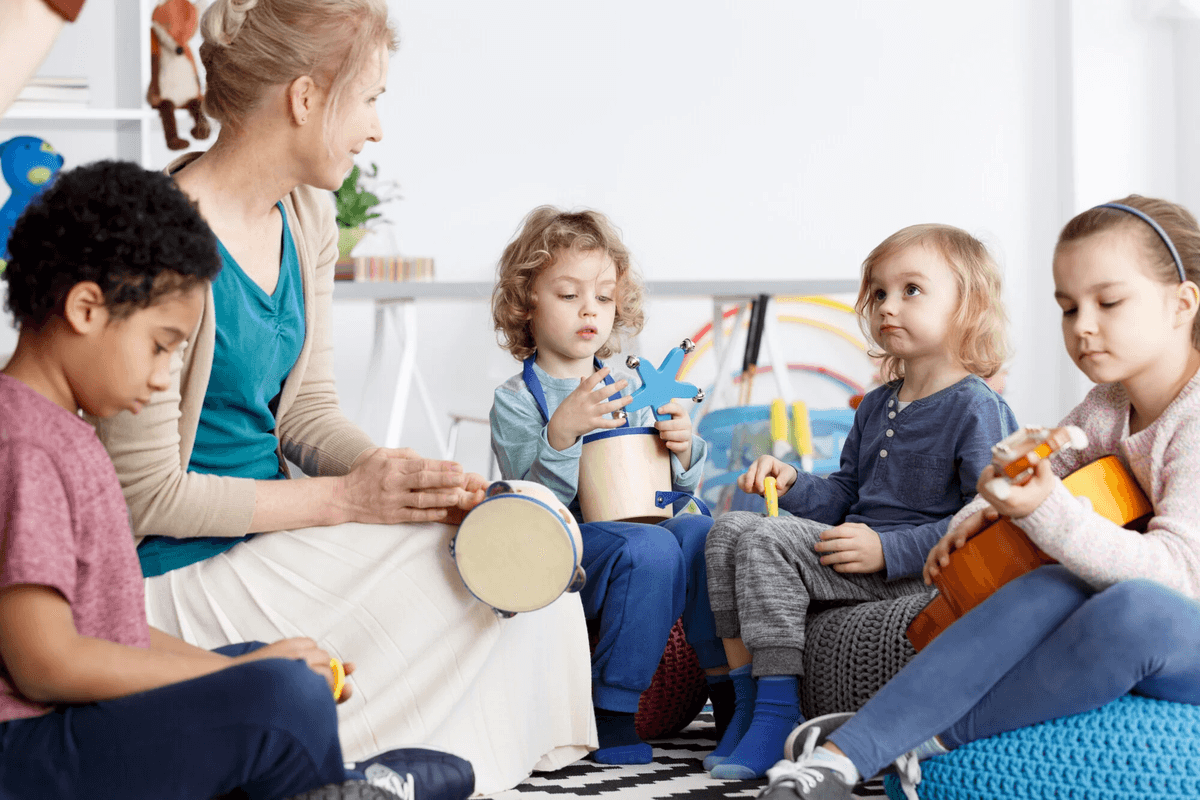
Choosing the right kindergarten for your child is a significant decision that lays the foundation for their educational journey. As parents or guardians, it’s essential to consider several factors that will contribute to a positive and enriching early learning experience. From the educational philosophy to the environment and staff qualifications, the choice of kindergarten can shape a child’s social, emotional, and cognitive development. Here are four key factors to consider when selecting a kindergarten.
First and foremost, the educational philosophy of the kindergarten plays a crucial role in how children learn and develop. Different kindergartens adopt various approaches to education. Understanding these philosophies helps parents determine which approach aligns best with their child’s learning style and needs. For instance, montessori schools emphasize child-led exploration and hands-on learning, fostering independence and critical thinking. In contrast, a play-based curriculum focuses on social interaction and imaginative play, which can be essential for developing communication skills and emotional intelligence. By researching and visiting schools to understand their educational philosophies, parents can make informed decisions that align with their values and expectations for their child’s early education.
Another important factor to consider is the environment of the kindergarten. The physical space, safety measures, and overall atmosphere significantly impact a child’s comfort and learning experience. Parents should look for a kindergarten that provides a warm, welcoming environment with age-appropriate facilities and resources. Outdoor play areas, interactive learning spaces, and well-equipped classrooms can enhance a child’s engagement and curiosity. Additionally, safety is paramount; parents should ensure that the kindergarten has proper security measures in place, such as secure entry points and supervision during outdoor activities. The full day kindergarten mansfield ma nurturing environment promotes exploration and creativity helping children feel secure and supported as they navigate new experiences and social dynamics.
Staff qualifications and teacher-to-child ratios are also critical considerations when selecting a kindergarten. The quality of educators directly influences the learning experience and emotional well-being of young children. Parents should inquire about the qualifications and experience of the teaching staff, including their education, training in early childhood development, and any certifications. A lower teacher-to-child ratio allows for more individualized attention, fostering stronger relationships between teachers and students. This personal connection is vital for young children, as it helps them feel valued and understood, promoting their social and emotional development. Engaging, passionate teachers who understand child development can create an enriching learning atmosphere that encourages curiosity and a love for learning.
Finally, the community and culture of the kindergarten should align with the family’s values and expectations. Each kindergarten has its own unique culture, shaped by its staff, families, and the broader community. Parents should consider the social dynamics of the kindergarten and how inclusive and welcoming it is to families from diverse backgrounds. Understanding the school’s approach to parental involvement is also essential; many kindergartens encourage family engagement through volunteer opportunities, events, and communication channels. A strong sense of community can enhance the overall experience for both children and parents, fostering relationships and support networks. Moreover, a kindergarten that reflects the family’s values and beliefs can provide a more cohesive educational experience, ensuring that children feel supported both at home and in their learning environment.